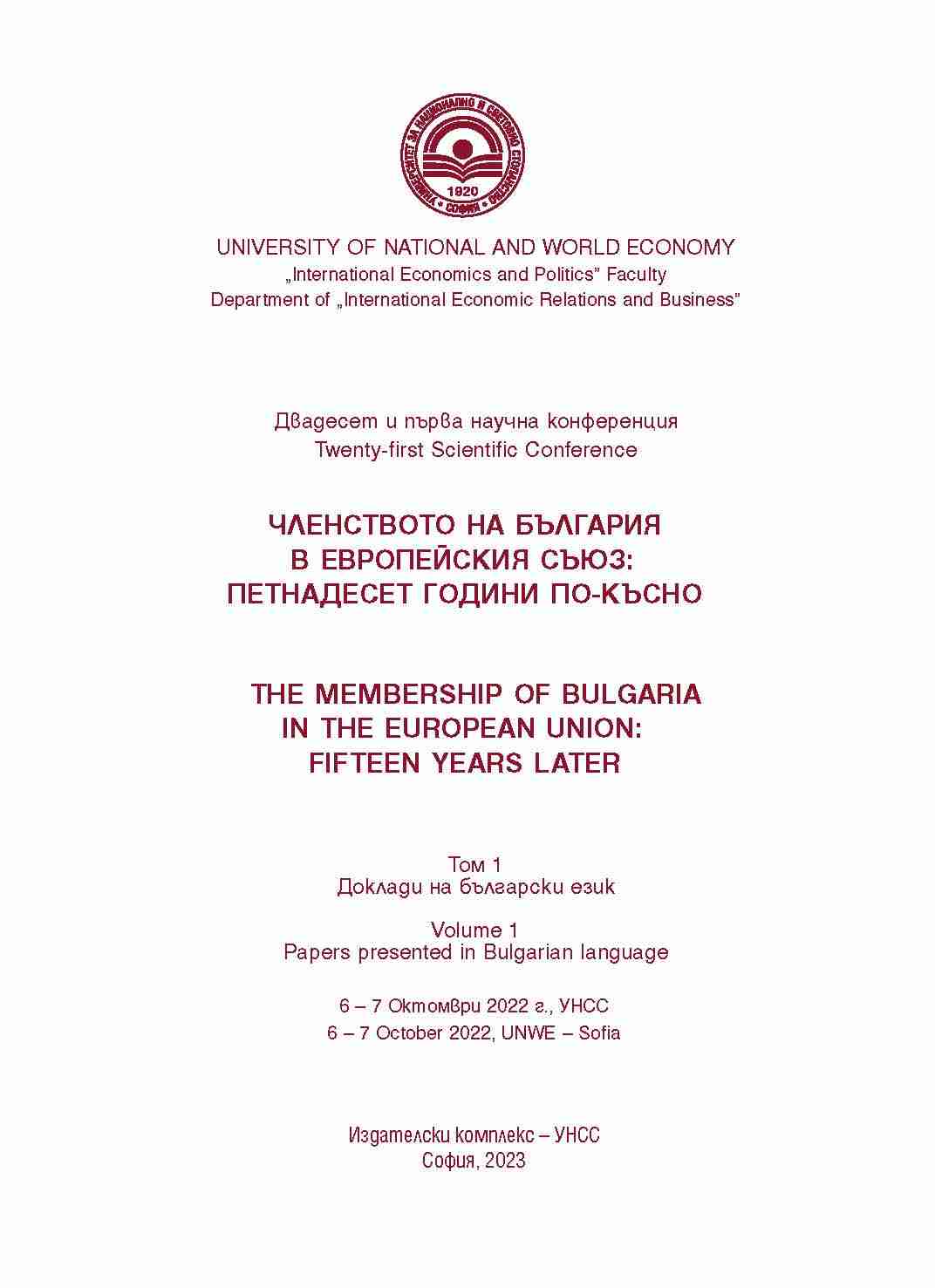Санкциите на ЕС спрямо руският петрол – неефективни и контрапродуктивни
EU Sanctions Against Russian Oil – Ineffective and Counterproductive
Author(s): Vasil Gechev
Subject(s): Politics / Political Sciences, Politics, International relations/trade, EU-Approach / EU-Accession / EU-Development, Geopolitics
Published by: Университет за национално и световно стопанство (УНСС)
Keywords: oil embargo; EU-Russia economic relations; EU-Russia political relations
Summary/Abstract: On June 3rd, 2022, the EU adopted the sixth package of sanctions towards Russia – in association with the conflict in Ukraine – with one of the main elements being the embargo on the imports of Russian oil. Notwithstanding the exemptions for the Czech Republic, Slovakia and Hungary, and the derogations for Bulgaria (2024) and Croatia (2023), the official EU statement claims that the sanctions cover 90% of Russian oil imports – with the main goal being the reduction of Russia’s foreign trade revenues. Apart from the EU-wide sanctions, during the two months following the beginning of hostilities several EU member-states (Germany, Latvia and Lithuania) deliberately reduced the imports of Russian oil, or in other words, the curbs for Russian oil in the EU began in March-April of 2022 and have gradually been expanded. By September 2022, however, they have not achieved their main goal – quite the opposite, Russian oil revenues are higher and there are well-grounded assumptions that Russian oil is being smuggled in the EU.
- Page Range: 22-28
- Page Count: 7
- Publication Year: 2023
- Language: Bulgarian
- Content File-PDF

